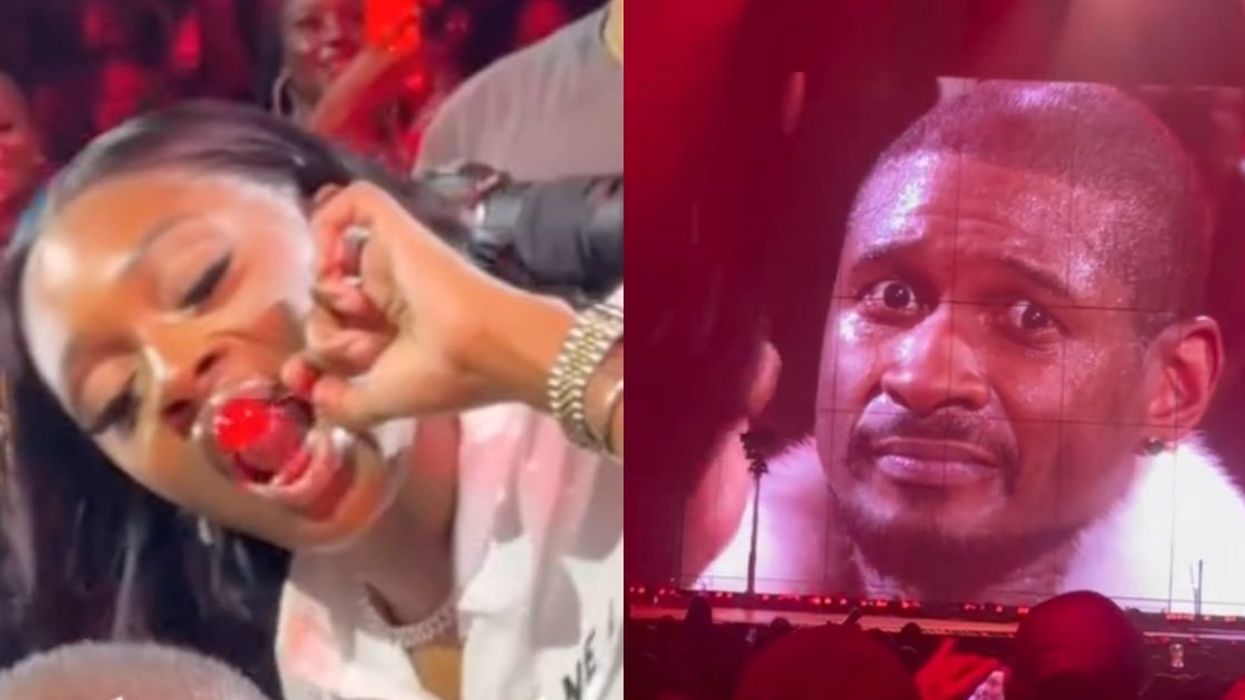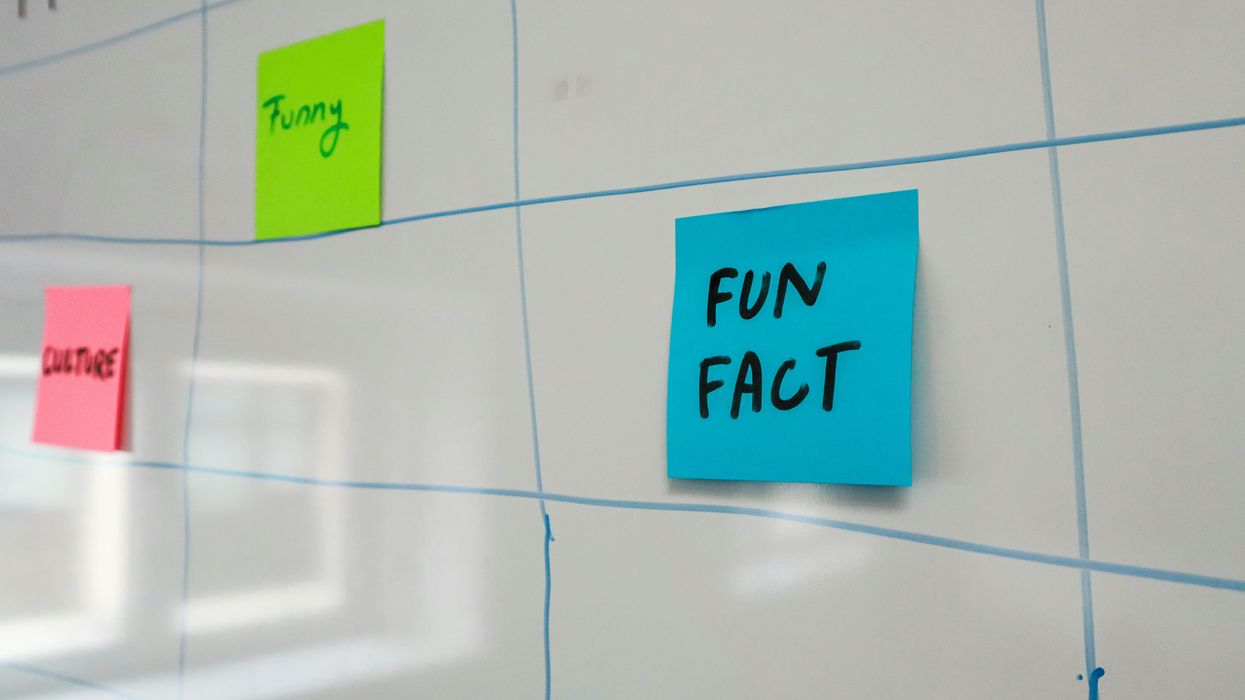Jameela Jamil, star of The Good Place, had a rather poignant and on-brand shut down for radio host Michelle Collins after Michelle mocked Jamil's mostly-invisible illness in a tweet.
To give you a better contextual understanding of Michelle's comment, we need to start by talking about a condition most people don't even know exists—and that includes doctors and people who suffer from the condition.
It's called Ehlers-Danlos Syndrome (often abbreviated as EDS) and is a connective tissue disorder.
Those who suffer from it somewhat jokingly call themselves zebras. The reason why goes a long way towards explaining how confusing the condition can be for both doctor and patient.
The Ehlers-Danlos society explains:
"Medical students have been taught for decades that, 'When you hear hoofbeats behind you, don't expect to see a zebra.' In other words, look for the more common and usual, not the surprising, diagnosis."
"But many of us spend years pursuing a diagnosis for disorders that aren't well known. Or aren't expected in someone who looks normal, or is too young to have so many problems, or too old. Or even, what we might have is considered too rare for anybody to be diagnosed with it."
"So the zebra became our symbol to mean, 'Sometimes when you hear hoofbeats, it really is a zebra.' Ehlers-Danlos syndromes are unexpected because they're rare. Hypermobile spectrum disorders are common, but are unexpected because they remain misdiagnosed or under-diagnosed."
"When you see a zebra, you know it's a zebra—but no two zebras have identical stripes just as no two people with an Ehlers-Danlos syndrome or HSD are identical. We have different symptoms, different types, different experiences—and we are all working towards a time when a medical professional immediately recognizes someone with an Ehlers-Danlos syndrome or HSD."
EDS sufferers may look fine, in fact some variations of the disorder show up as unusually smooth and supple skin and long strong hair and nails—signs most people associate with health. But on the inside it can be a whole other, deeply confusing, story.
For example, a person may have constant back pain, fertility issues, poor reactions to anesthesia, sensitive eyes, incredible flexibility/hypermobility, a sensitive stomach, skin that bruises easily, great hair, dental issues, a "weird" heart and one leg that randomly loses the ability to move—and all of those things are rooted in the same issue; EDS.
That person is me and it took well into my 30's for anyone to connect the dots on the disorder.
Jameela's story is much the same as many of us EDS sufferers in that it took ages for a diagnosis, treatment options are limited and she is often accused of making things up, told she can't be sick because she doesn't look sick, or told that things are all in her head.
In fact, she was accused of having Munchausen syndrome in February. Munchausen syndrome is a mental disorder in which a person repeatedly acts seriously ill—either physically or mentally—when they are not. Typically it is believed they do so for attention.
So that's the environment Jameela has been in when comedian and radio host Michelle Collins took a shot at her on Twitter.
That opened up the floodgates...
But it didn't take long for people to jump on Michelle for the low blow.
And once word got back to Jameela, she decided to speak on it herself.
Michelle, perhaps unsurprisingly and totally in keeping with the trend of what happens to people with invisible illnesses, completely brushed her off.
While Jameela may not have gotten through to Michelle, her voice absolutely mattered to many who saw her stand up for herself. Hopefully, continuing to speak up about it will raise awareness of EDS and other "invisible" chronic illnesses.
Maybe then, people like Michelle will start to realize that Jameela and millions of others who suffer with invisible illnesses are not just making stuff up for attention and don't deserve to be mocked.




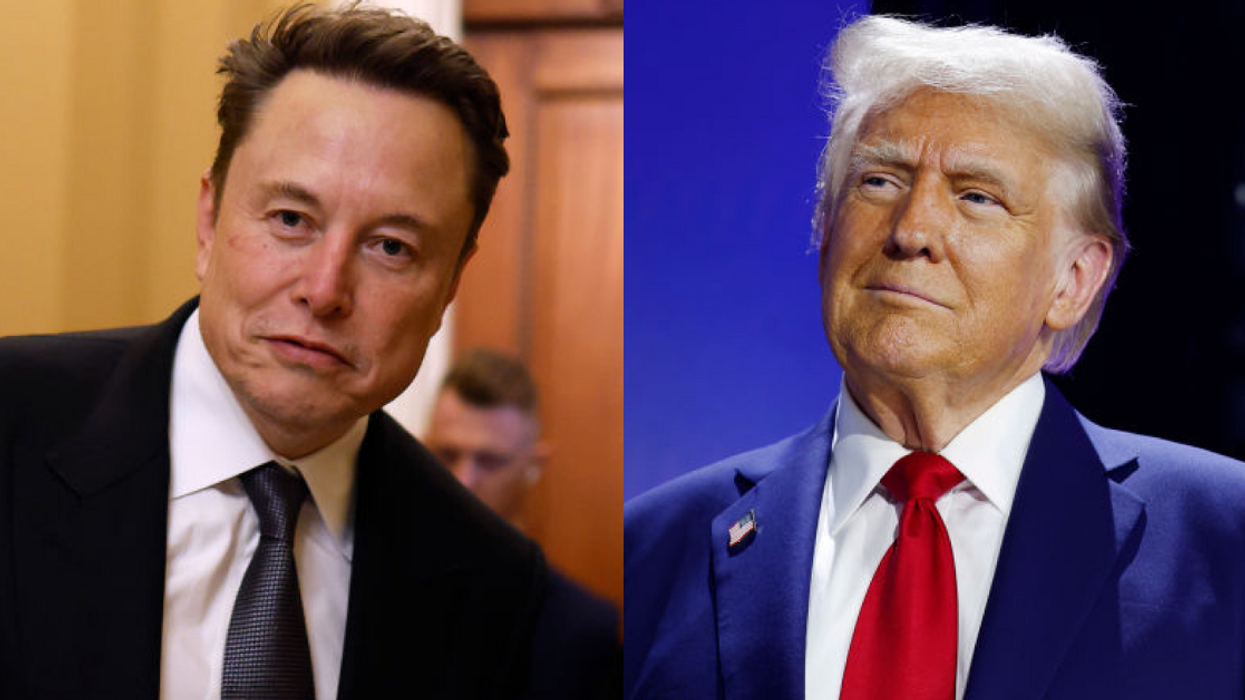

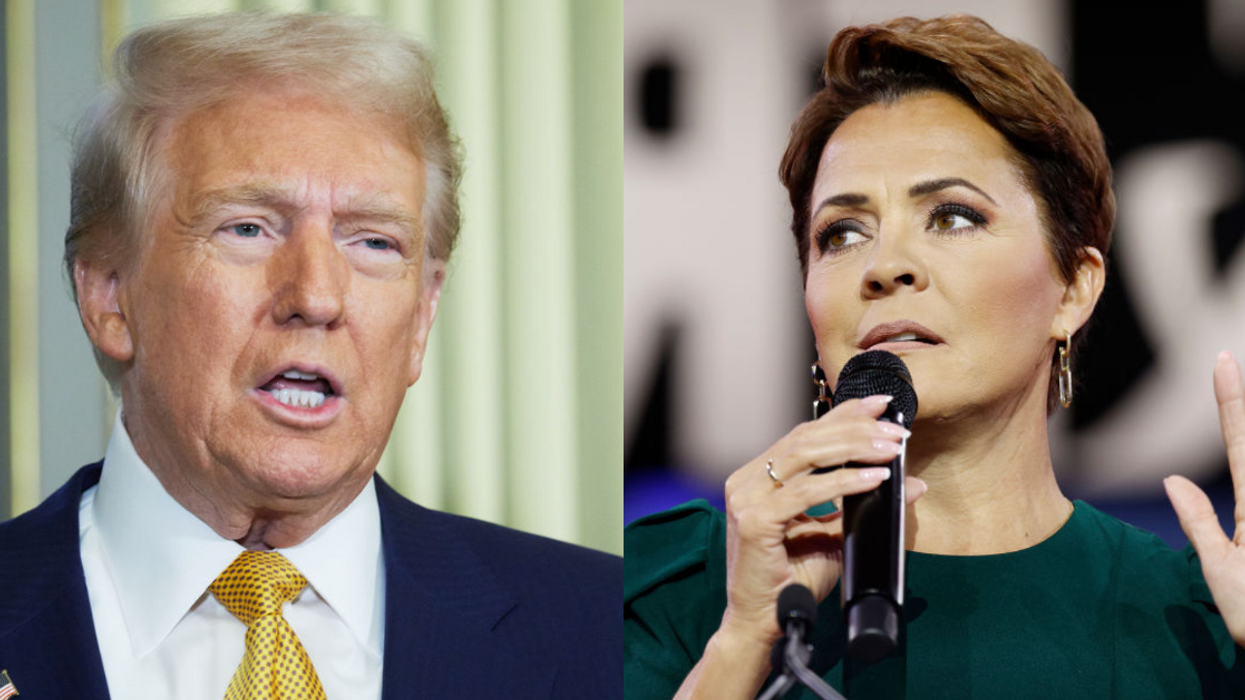


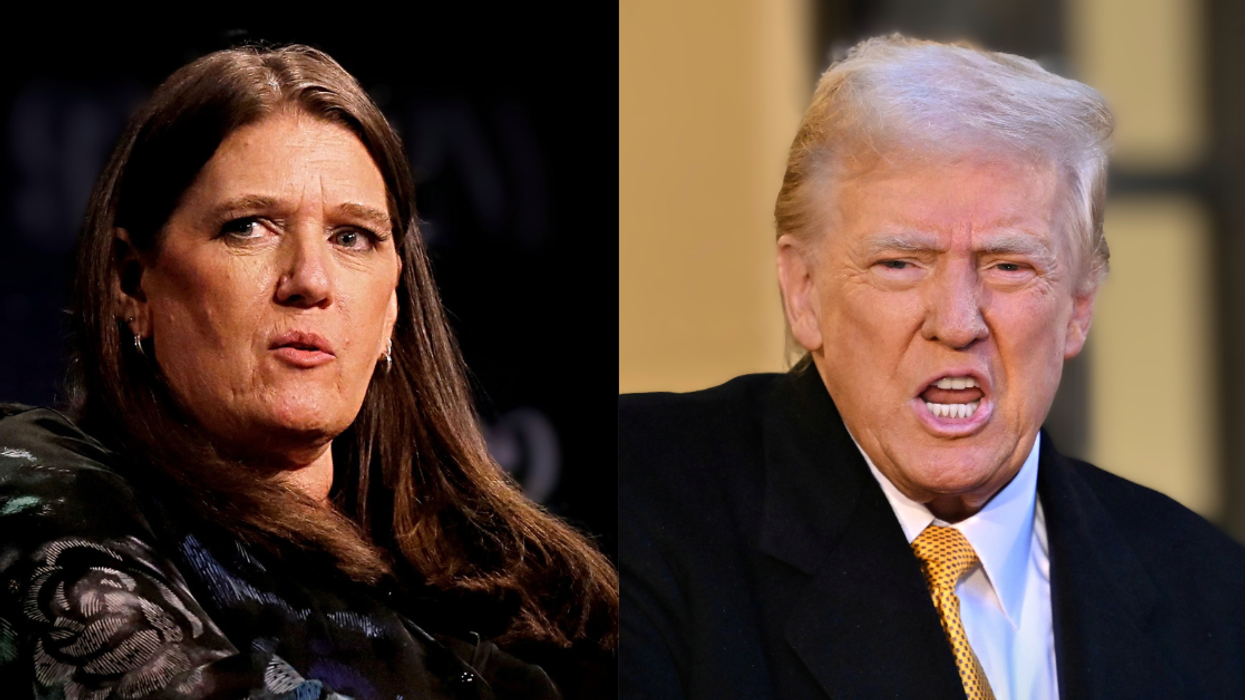
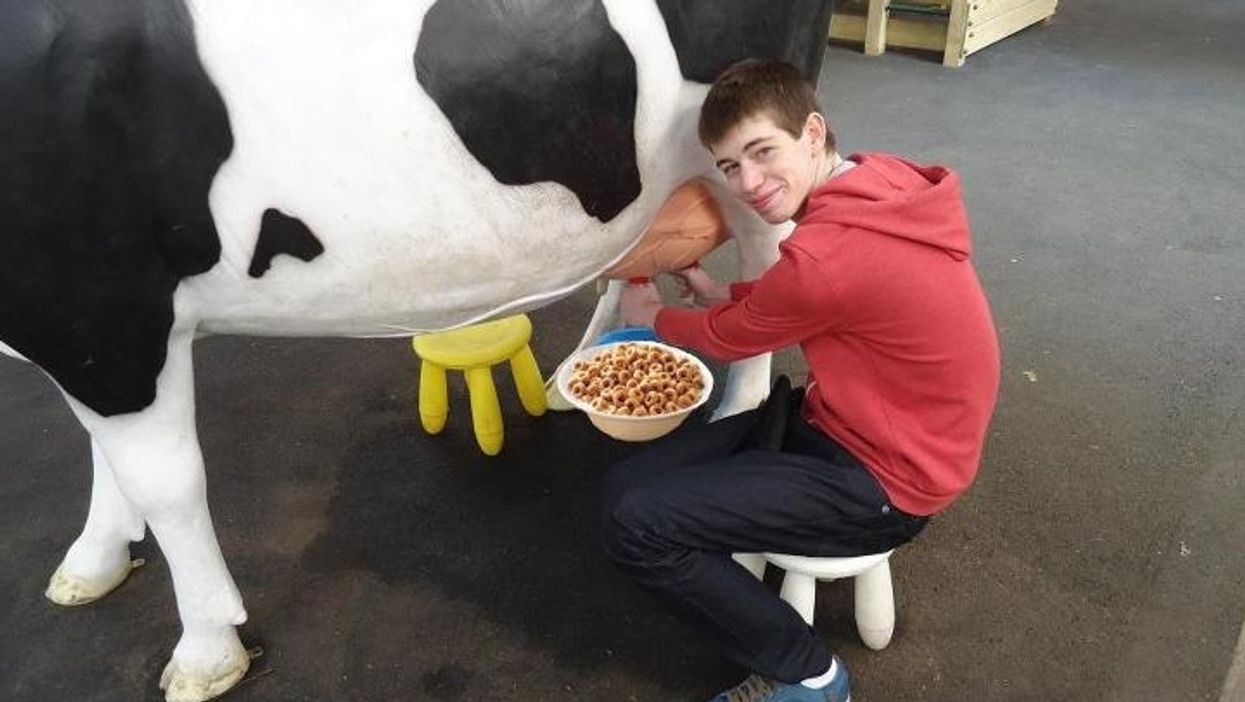
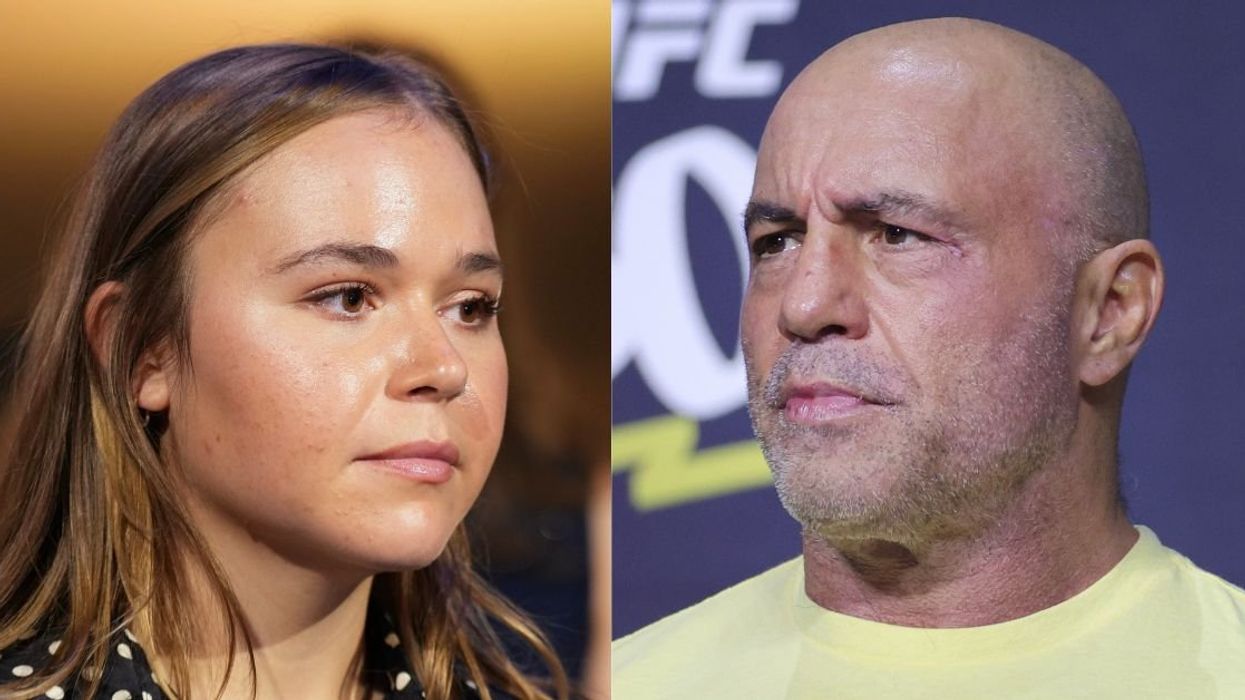
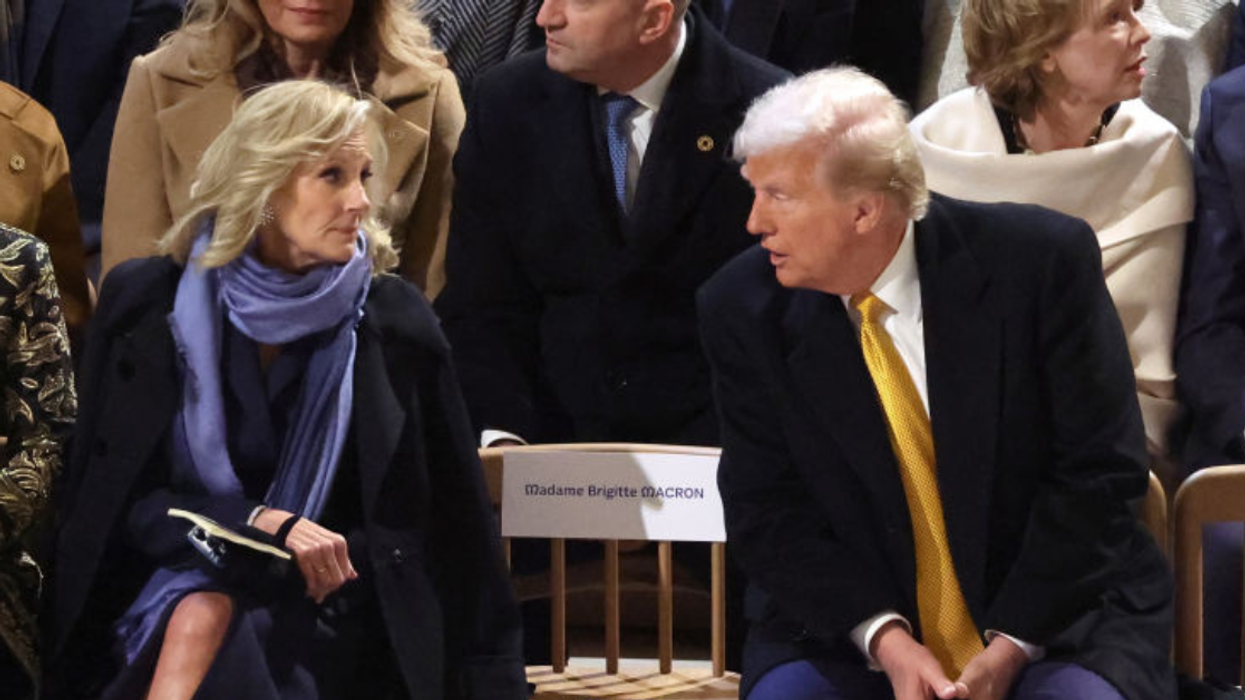
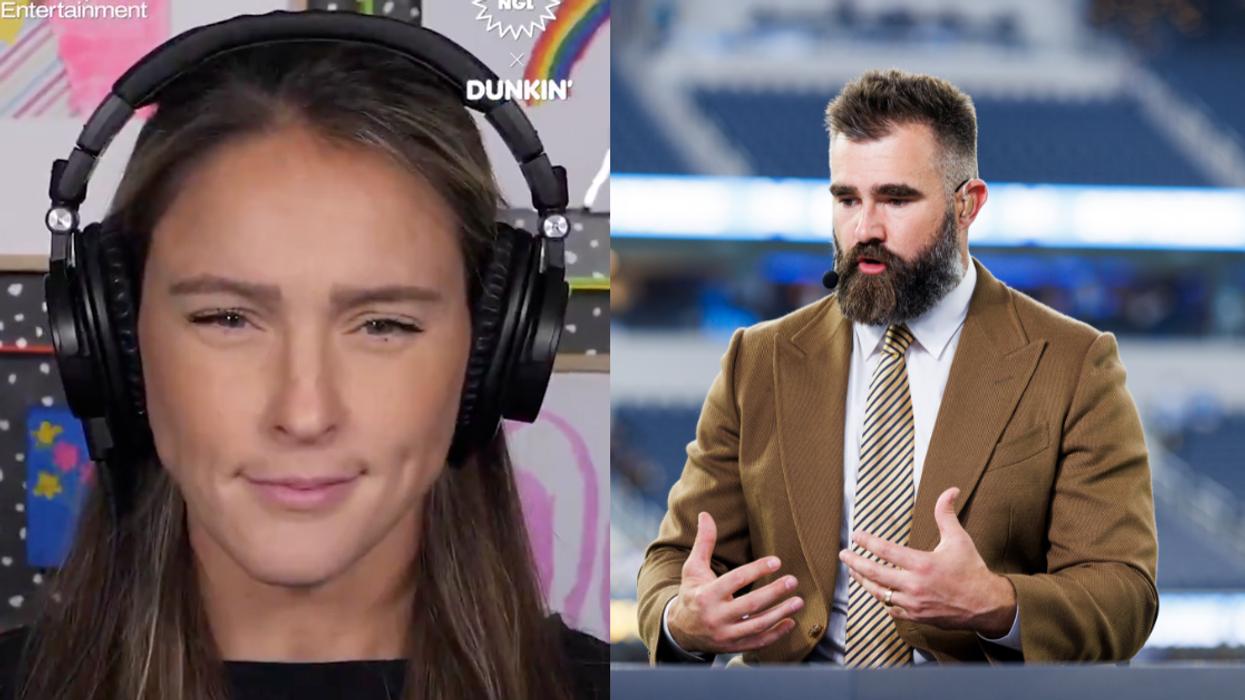
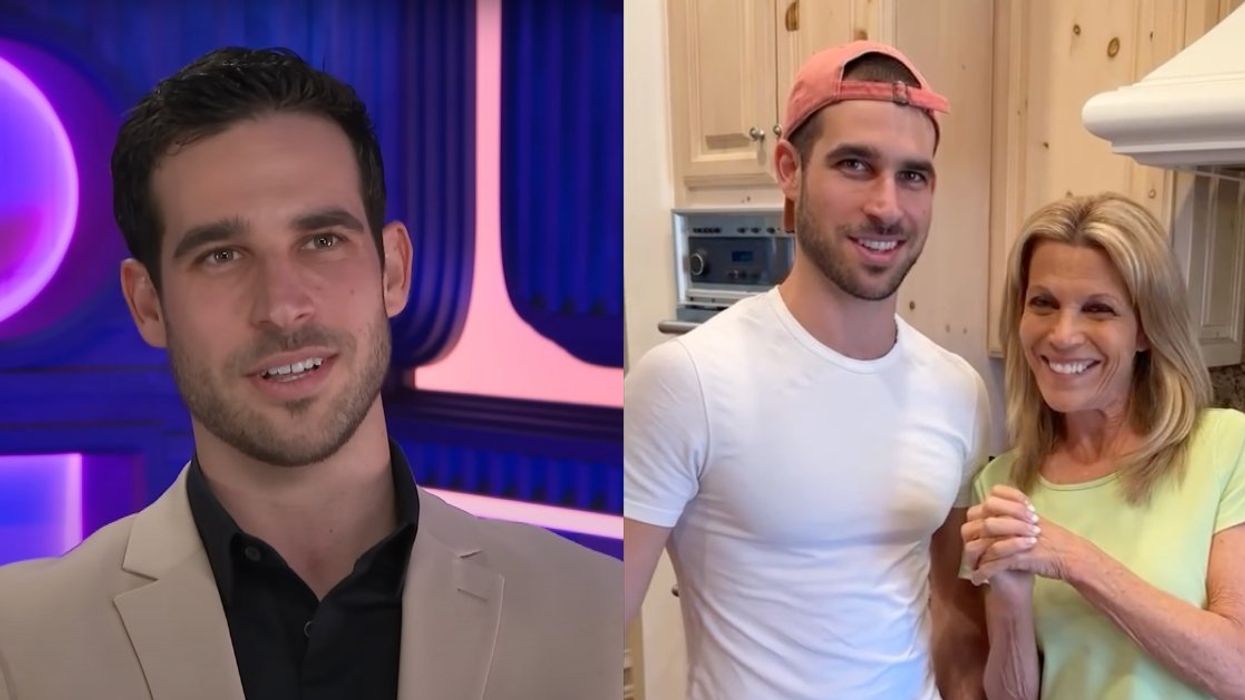
 @officialvannawhite, @nikkoshow, @wheeloffortune/Instgram
@officialvannawhite, @nikkoshow, @wheeloffortune/Instgram @officialvannawhite, @nikkoshow, @wheeloffortune/Instgram
@officialvannawhite, @nikkoshow, @wheeloffortune/Instgram @officialvannawhite, @nikkoshow, @wheeloffortune/Instgram
@officialvannawhite, @nikkoshow, @wheeloffortune/Instgram @officialvannawhite, @nikkoshow, @wheeloffortune/Instgram
@officialvannawhite, @nikkoshow, @wheeloffortune/Instgram @officialvannawhite, @nikkoshow, @wheeloffortune/Instgram
@officialvannawhite, @nikkoshow, @wheeloffortune/Instgram Entertainment Tonight/YouTube
Entertainment Tonight/YouTube Entertainment Tonight/YouTube
Entertainment Tonight/YouTube Entertainment Tonight/YouTube
Entertainment Tonight/YouTube Entertainment Tonight/YouTube
Entertainment Tonight/YouTube Entertainment Tonight/YouTube
Entertainment Tonight/YouTube